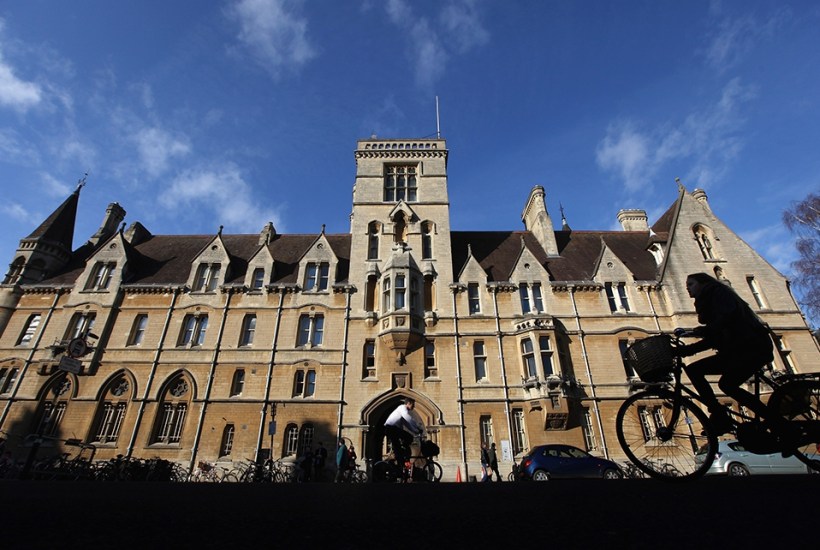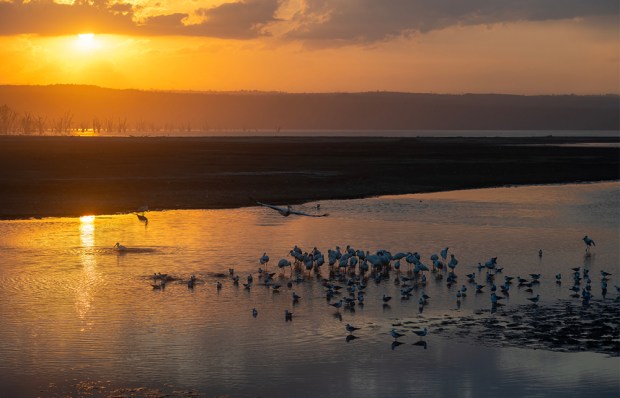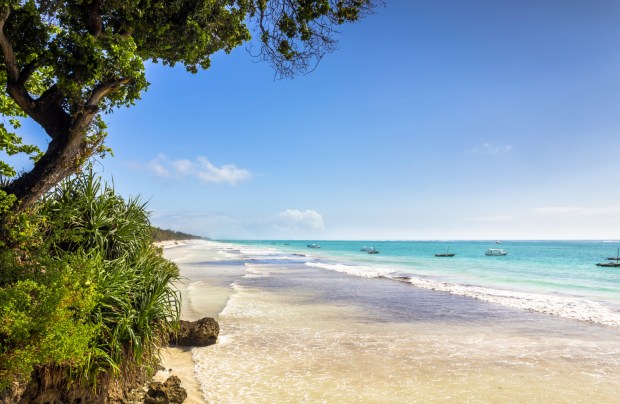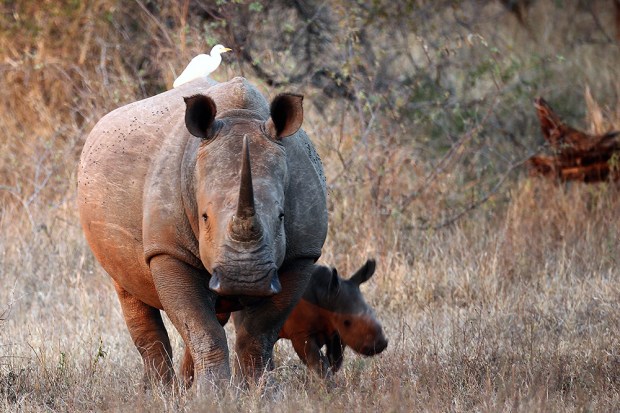Laikipia, Kenya
No portrait of Boris Johnson hangs in the hall of Balliol, his old Oxford College. Hardly a surprise, since serving prime ministers do not have their pictures painted and he has moved on only recently. But as things stand, it seems pretty clear that Boris will never go up alongside this distinguished Oxford institution’s other three prime ministers, H.H. Asquith, Harold Macmillan and Edward Heath. I worked this all out last month while attending a Gaudy, or reunion, at my old college for the years 1984 to 1988. Boris matriculated the year before I went up but as I stood in the hall before dinner looking up at the walls, I clearly remembered seeing him standing in the quad together with Macmillan and Heath halfway through my time at Balliol.
Balliol was a happy time for me. Like many others going up to Oxford, I felt I had blagged my way into a place at this college which was ranked so high on the academic Norrington Table and which, according to Anthony Sampson’s Anatomy of Britain, was defined by ‘effortless superiority’. As we began to wade through Piers Plowman I looked around at the other English freshers and realised I was a white African imposter destined for a Desmond, as a 2.2 degree was known in those days – so I began to plan my career in journalism.
It also swiftly dawned on me that Balliol, despite its record of Conservative leaders, was rather left-wing. Soon after I arrived the miners’ strike gained pace and men from the collieries in Wales and northern England came to speak to undergraduates, to picket Didcot power station and sleep on the chairs in the junior common room below my staircase. I observed how Etonians took on coalpit accents within weeks of coming up to Oxford. A young London woman told me she was a member of Sinn Fein. It was very difficult to openly express one’s views if one was not left-wing. I wasn’t at all and so I felt a bit overwhelmed by all of this and at my first chance I moved out of college to live out my last two years in Jericho.
I had not attended any Balliol reunions until now, since it was too far to come. My generation’s alumni were hard to recognise because we are all now quite old. I imagine that at earlier Gaudy reunions, contemporaries in mid-career might have been much more competitive. What was striking for me on this occasion was how gently the conversations unfolded, dwelling not on great achievements, positions or money, but on children, partners and places we now called home.
I sat next to a woman who had raised eight children and had lived a fascinating life. I got chatting to one man I remembered who told me about his enthusiasm for growing vegetables in Norfolk. We talked about flowers and I invited him to come and visit my cattle ranch one day. He pulled a face and I saw that he was not keen on beef ranching. ‘I’ve given up flying,’ he said. I asked why and that’s when he revealed he had been the spokesman for Extinction Rebellion. We were poles apart in our views but we had a lovely time.
Sadly I came away from the Gaudy feeling that while we had grown more open-minded with our advancing years, the college of Balliol was less so. As we filed into dinner in the great hall, I saw that the portraits of Balliol’s prime ministers were all gone. The portrait of Lord Curzon vanished in 2016 and has not been returned. Boris hasn’t got a chance. In place of these men, the college has hung pictures of female members of staff. Who they are, I’m not too sure, but I was told they are all distinguished women. I forget some of the speech by Balliol’s Master, Dame Helen Ghosh, but she won some laughs while referring to Boris several times without mentioning his name.
She celebrated the removal of men’s portraits from the walls and the audience celebrated with her. I personally feel Boris made a pig’s ear of his time as prime minister, but at this occasion I felt it was a time to celebrate alumni and their achievements rather than pour scorn on them. Whatever one thinks of Boris, he has led an extraordinarily energetic life and risen to the heights. His year was not part of our Gaudy but he deserved respect and was not in the room to hear why he didn’t have a hope in hell of having his portrait hung on the wall.
Got something to add? Join the discussion and comment below.
Get 10 issues for just $10
Subscribe to The Spectator Australia today for the next 10 magazine issues, plus full online access, for just $10.
You might disagree with half of it, but you’ll enjoy reading all of it. Try your first month for free, then just $2 a week for the remainder of your first year.















Comments
Don't miss out
Join the conversation with other Spectator Australia readers. Subscribe to leave a comment.
SUBSCRIBEAlready a subscriber? Log in